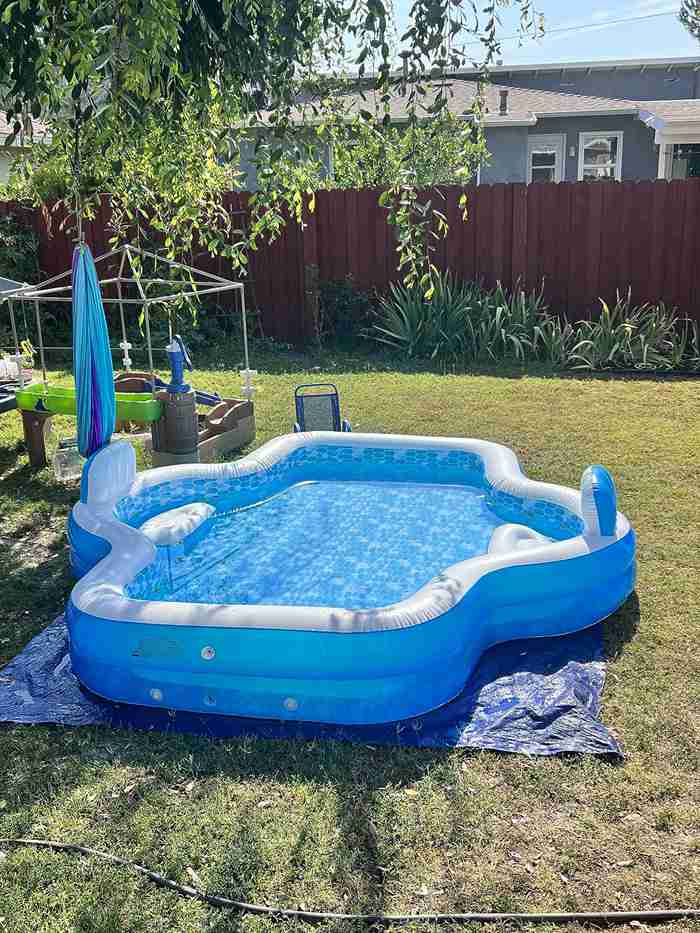Water can sit in a pool without chlorine for a limited amount of time before it becomes unsafe and unsanitary. Generally, it is recommended not to leave a pool without chlorine for more than a week.
Without chlorine or any other form of disinfection, the water in a pool can become a breeding ground for harmful bacteria, viruses, and parasites. These microorganisms can cause various illnesses, including gastrointestinal problems, skin infections, and respiratory issues.
The presence of sunlight, heat, and organic materials such as leaves, debris, and sweat can accelerate the growth of bacteria and algae in the pool. As the number of microorganisms in the water increases, the risk of infection and the formation of algae blooms also escalate.
In addition to bacteria and algae, other contaminants can accumulate in the water over time. These can include dirt, pollen, body oils, sunscreen, and even urine. These contaminants can make the water cloudy and unpleasant, affecting its aesthetic appeal.

If you need to leave your pool unattended for an extended period without adding chlorine, there are a few steps you can take to minimize the risk:
1. Clean the pool: Before leaving the pool unattended, make sure to remove any visible debris, leaves, or dirt from the water. This will help reduce the nutrient load that bacteria and algae can feed on.
2. Cover the pool: Use a pool cover to prevent sunlight from entering and to keep out additional debris.
3. Maintain proper water chemistry: Check the pH and alkalinity levels of the water and adjust them if necessary before leaving. Balanced water chemistry can help prevent the growth of bacteria and algae, even in the absence of chlorine.
4. Monitor the water: If possible, have someone check the pool regularly to ensure that it remains clean and clear. If any issues arise, they can take appropriate action to rectify the situation.
Upon returning to the pool, it is essential to re-establish the chlorine levels and ensure proper water balance before resuming swimming. This will help sanitize the water and make it safe for use again.
Remember, maintaining proper pool hygiene and regular disinfection is crucial for the health and safety of swimmers. Chlorine or other suitable sanitizers should be added to the pool water on a regular basis to keep it safe, clear, and inviting for everyone to enjoy.